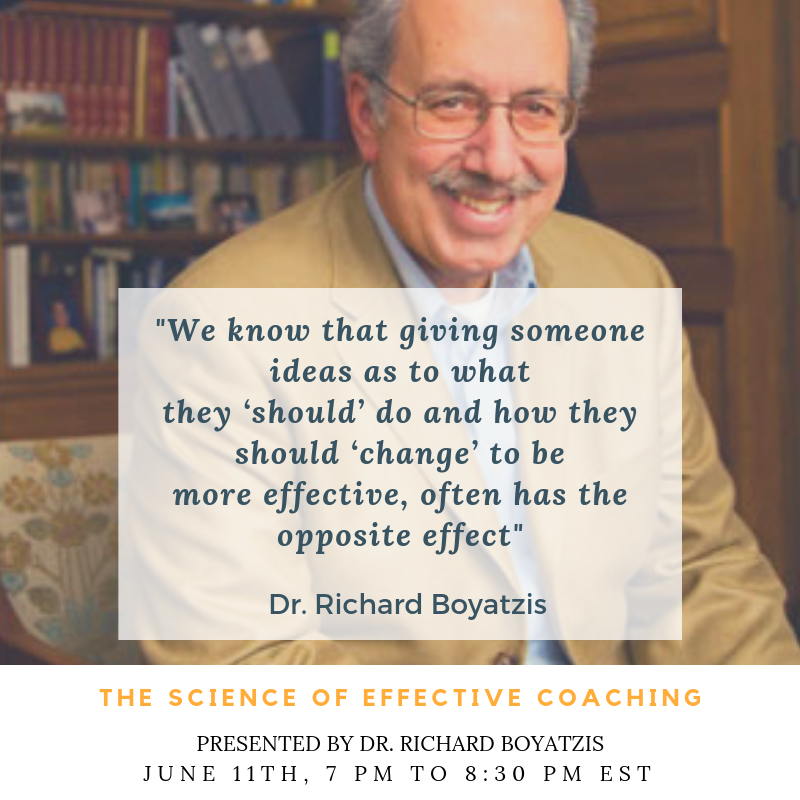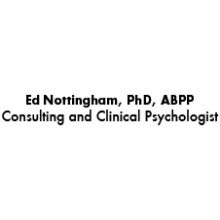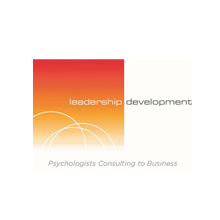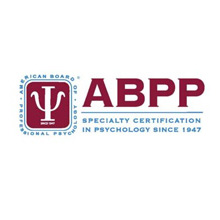- Home
- About
- Advocacy
- Community
- Education
- OnDemand Training
- Upcoming Webinars
- Past Webinars
- Leadership Development Initiative
- What's Next in Consulting Training and Education
- SCP Training & Education Guidelines
- APA Continuing Education
- SCP Podcast
- Research
- Diversity
- Conferences
- 2022 SCP Annual Conference
- Past SCP Conferences
- Blog
- Contact Us
The Science of Effective CoachingPresenter: When: June 11th, 7:00 PM to 8:30 PM EST Description: Most coaches are too focused on problems and specific remedial goals, losing their effectiveness over time. The cumulative effect of a preoccupation with problems and measurement, along with the damage from chronic stress, activates neural networks useful in problem solving but suppresses neural networks needed for openness to new ideas, people, and moral concerns. To be effective and sustainable in coaching, a person must develop facility with both major neural networks, as well as techniques to reverse the effects of stress and revive themselves, neurologically, hormonally, and emotionally. These renewal experiences help coaches become more open, cognitively, perceptually, and emotionally. As a result, coaches become better at motivating others to learn, develop, and innovate. Based on decades of his own and colleagues’ research into emotional intelligence (EI) competencies and coaching, including dozens of longitudinal studies and hormonal and neuroimaging studies, Professor Richard Boyatzis will lead the audience through examples of what effective coaching feels like, as well as understanding the neural processes that foster or inhibit it. Format: Online videoconference Fee: $50 per participant CE Credits: 1.5 Target Audience: The content will be relevant for coaches at an intermediate level of skill. Learning Objectives: Participants will be able to:
Click here to RegisterFor questions or additional information about this session, including CE Specific information, please contact Daniel Newman ([email protected]) |


















